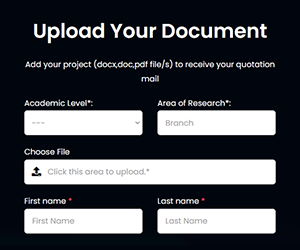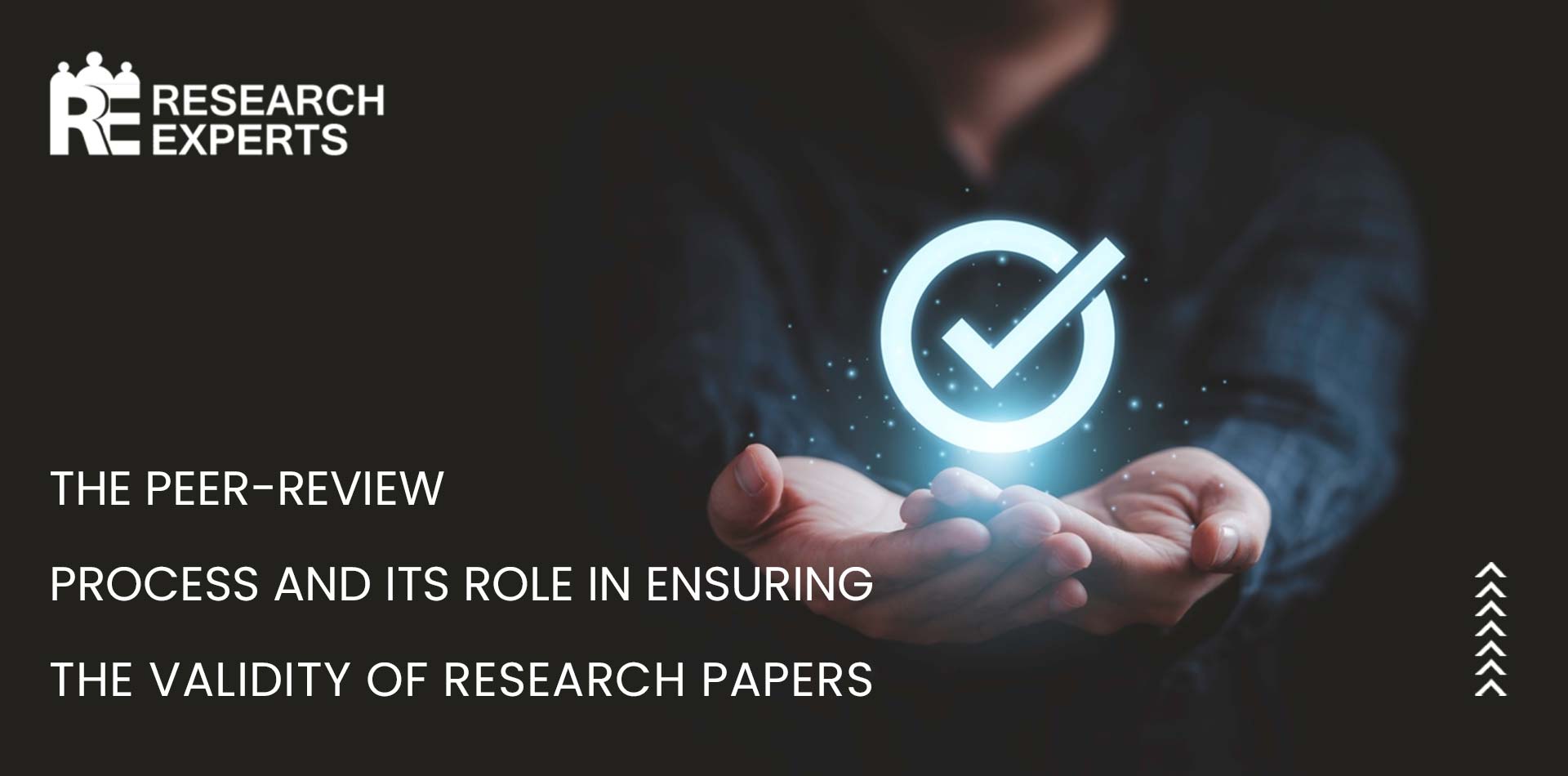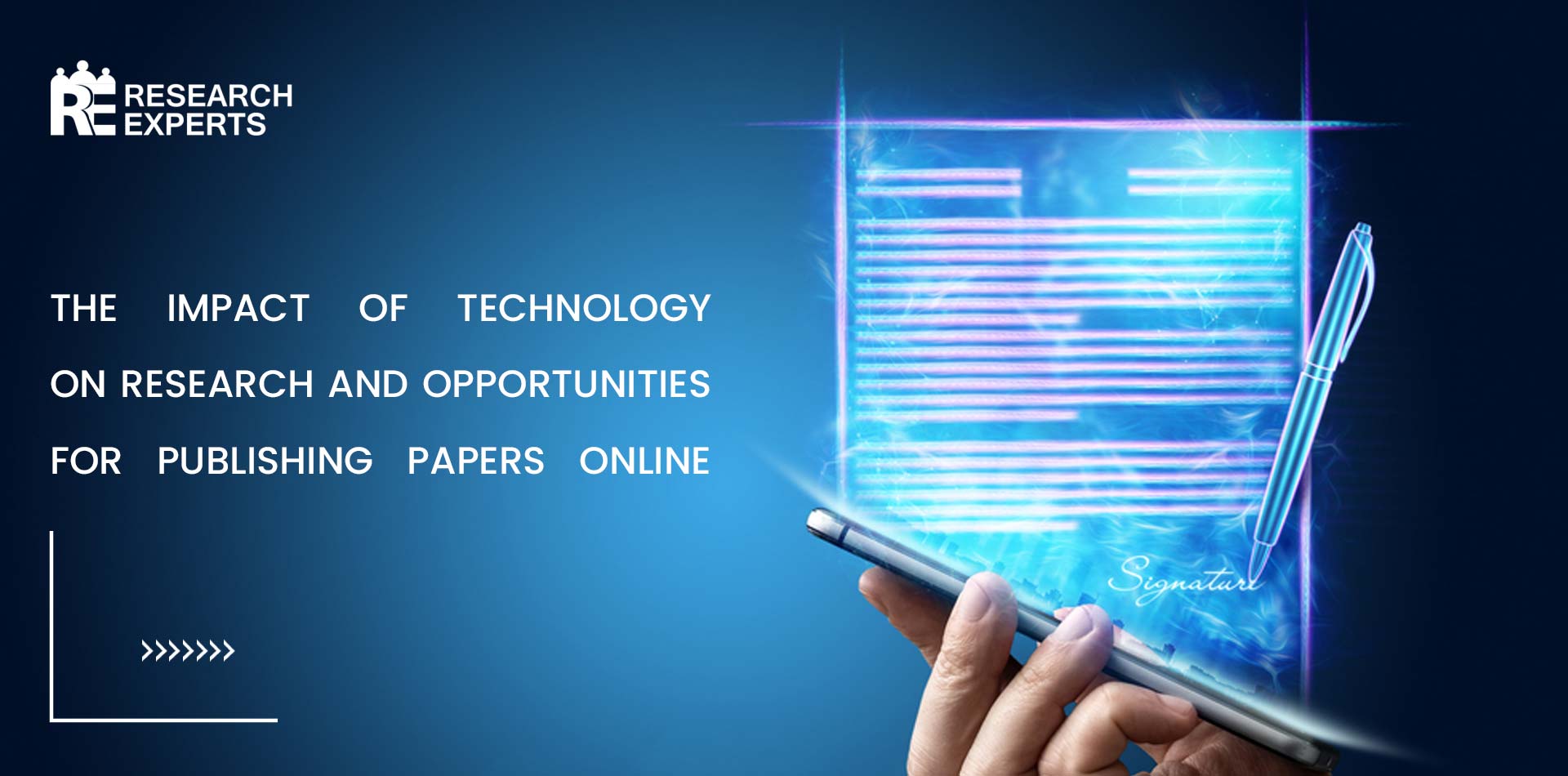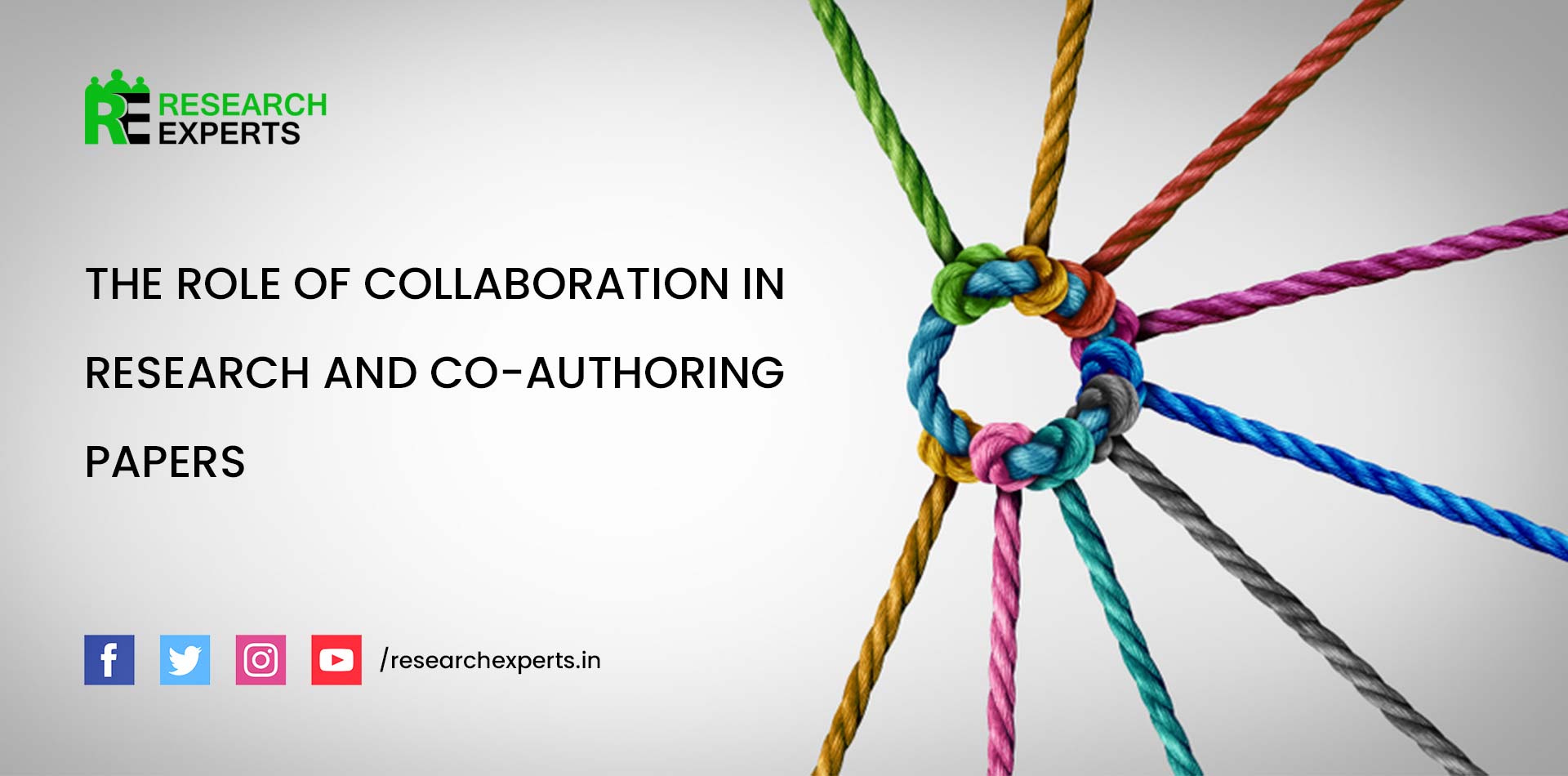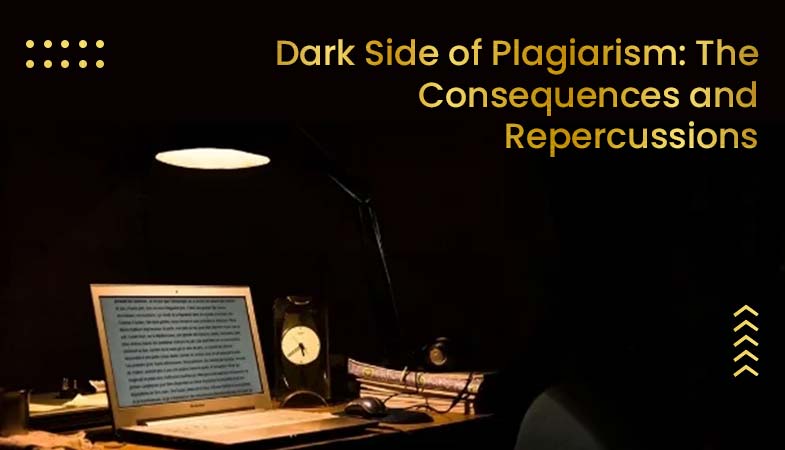
Dark Side of Plagiarism: The Consequences and Repercussions
Dark Side of Plagiarism: The Consequences and Repercussions – Plagiarism refers to the act of using someone else’s work or ideas without proper citation or permission. In the digital age, it has become increasingly easy for individuals to access and copy information from the internet. However, despite its ease, plagiarism is a serious offense with severe consequences and repercussions. Learn the Dark Side of Plagiarism: The Consequences and Repercussions.
Consequences of Plagiarism
- One of the primary consequences of plagiarism is legal action. If a person plagiarizes someone else’s work, they can face lawsuits for copyright infringement. This can result in hefty fines and even imprisonment in severe cases. Moreover, the victim of plagiarism can also seek compensation for any financial losses they have incurred as a result of the offense.
- Plagiarism also has a negative impact on one’s reputation and credibility. In academic circles, plagiarism is considered a serious breach of ethical behavior and can result in the loss of credibility and reputation. Students caught plagiarizing may face disciplinary action, ranging from failing a class to being expelled from their educational institution. Similarly, in the professional world, plagiarism can lead to the loss of a job, tarnished reputation, and even blacklisting in the industry.
- Furthermore, plagiarism can also have long-term effects on an individual’s future prospects. In the academic world, a student with a history of plagiarism may find it difficult to secure admission to a good college or university. In the professional world, a person with a history of plagiarism may struggle to find employment, as many employers perform background checks and consider a candidate’s past behavior before offering them a job.
- Another significant impact of plagiarism is that it undermines the integrity of the work being produced. When individuals plagiarize, they are essentially cheating by presenting someone else’s work as their own. This undermines the value of the original work, as well as the efforts put in by the individual who created it. Plagiarism also harms education by encouraging cheating and unethical conduct.
- Finally, plagiarism can also have a negative impact on the individual who engages in it. Plagiarism encourages individuals to take shortcuts rather than putting in the time and effort required to produce original work. This can have a damaging effect on an individual’s personal and professional growth, as they do not develop the critical thinking and problem-solving skills that come from producing original work.
Conclusion
In conclusion, plagiarism is a serious offense with severe consequences and repercussions. From legal action to tarnished reputation and future prospects, plagiarism can have a lasting impact on an individual’s life. Moreover, it undermines the integrity of the work being produced and the educational system as a whole. Thus, it is crucial for individuals to understand the importance of proper citation and avoid engaging in plagiarism.

